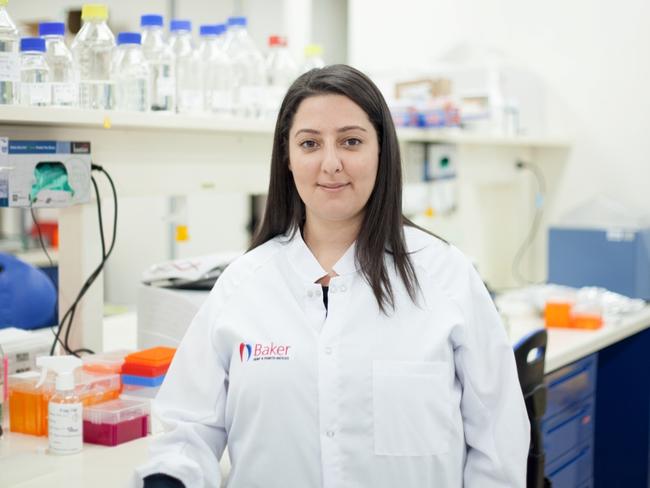Work-integrated learning the key to employment after education
Employers look for more than grades when hiring university graduates.

Careers
Don't miss out on the headlines from Careers. Followed categories will be added to My News.
Work-integrated learning opportunities help university students find jobs more quickly after graduation
Swinburne University is so convinced of the benefits that it will guarantee either paid placements, internships or industry-linked projects for all its undergraduate students.
“We know that students that have had a placement experience do secure jobs more quickly than other graduates,’’ deputy vice-chancellor (academic) Professor Chris Pilgrim says.
“We also know that students that have had placements progress in their career at a faster rate than those who haven’t had that placement.
“What we are doing is setting our students up for the future.”

This year, Swinburne started the rollout of its work-integrated learning (WIL) guarantee among all undergraduate courses, connecting students with more than 1100 industry, government, and community partners to gain real work experience that will help them build in-demand skills and prepare them for the workforce.
Currently, about one in three Australian university students undertake WIL as part of their studies, with almost half of these in professions where practicums are required to assess student ability or for professional accreditation, such as in the health and education sectors.
PwC partner Chris Matthews says while WIL is an important factor in future employability, it is not the only consideration and students without access to WIL can take other steps to ensure they are not left behind.
“I’m an employer myself and I take into account (a graduate’s) broader life skills, their qualifications and how they present (at interview),” he says.
“It’s about how have students made the best of the opportunities they have to strengthen and develop themselves.’’
Matthews believes limits on the availability of industry placements will prevent other universities offering across-the-board WIL guarantees.
He says experience gained through volunteering and part-time jobs are valuable additions to a resume, too – as are digital skills, regardless of whether they are obtained in a formal, accredited course or through a community college.

Gabriella Farrugia undertook a one-year, paid placement with the Peter MacCallum Cancer Centre as part of her Bachelor of Science, majoring in chemistry and biotechnology.
Farrugia, 28, was later offered part-time work as a research assistant for the remainder of her studies, which transitioned to full-time employment with the centre after graduation.
“It took me no longer than a coffee with my industry placement mentor to show my interest in working full time with the lab I did my placement in,” Farrugia says.
“I would say (WIL) was really important and cemented my chance of securing a job.”
Farrugia is now a research assistant at the Baker Heart and Diabetes Institute.




